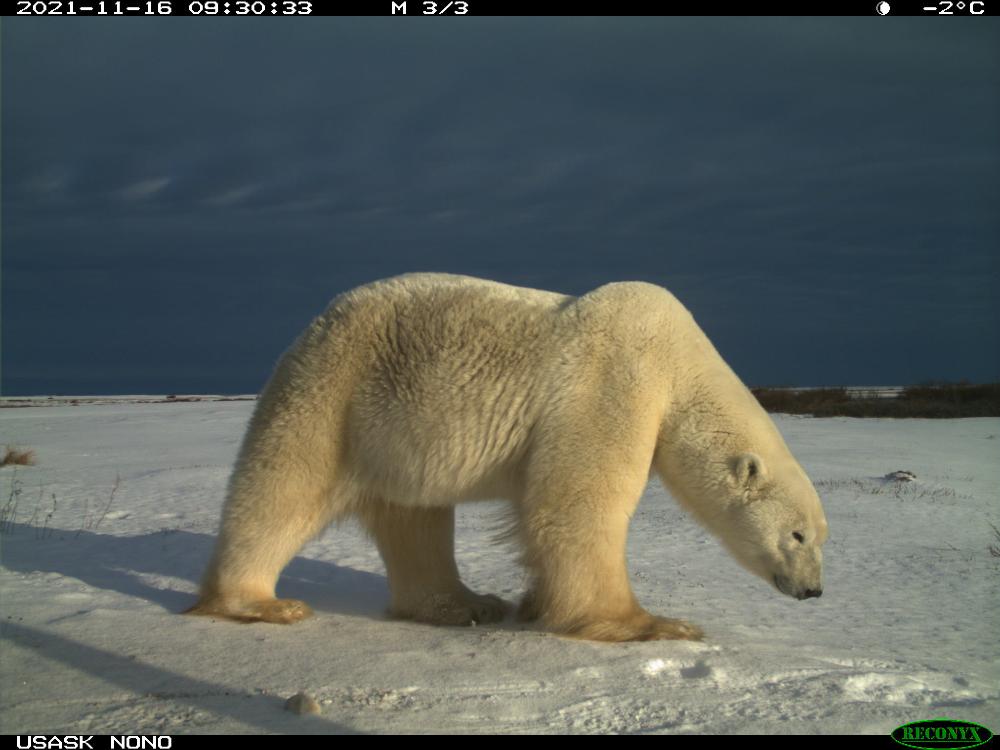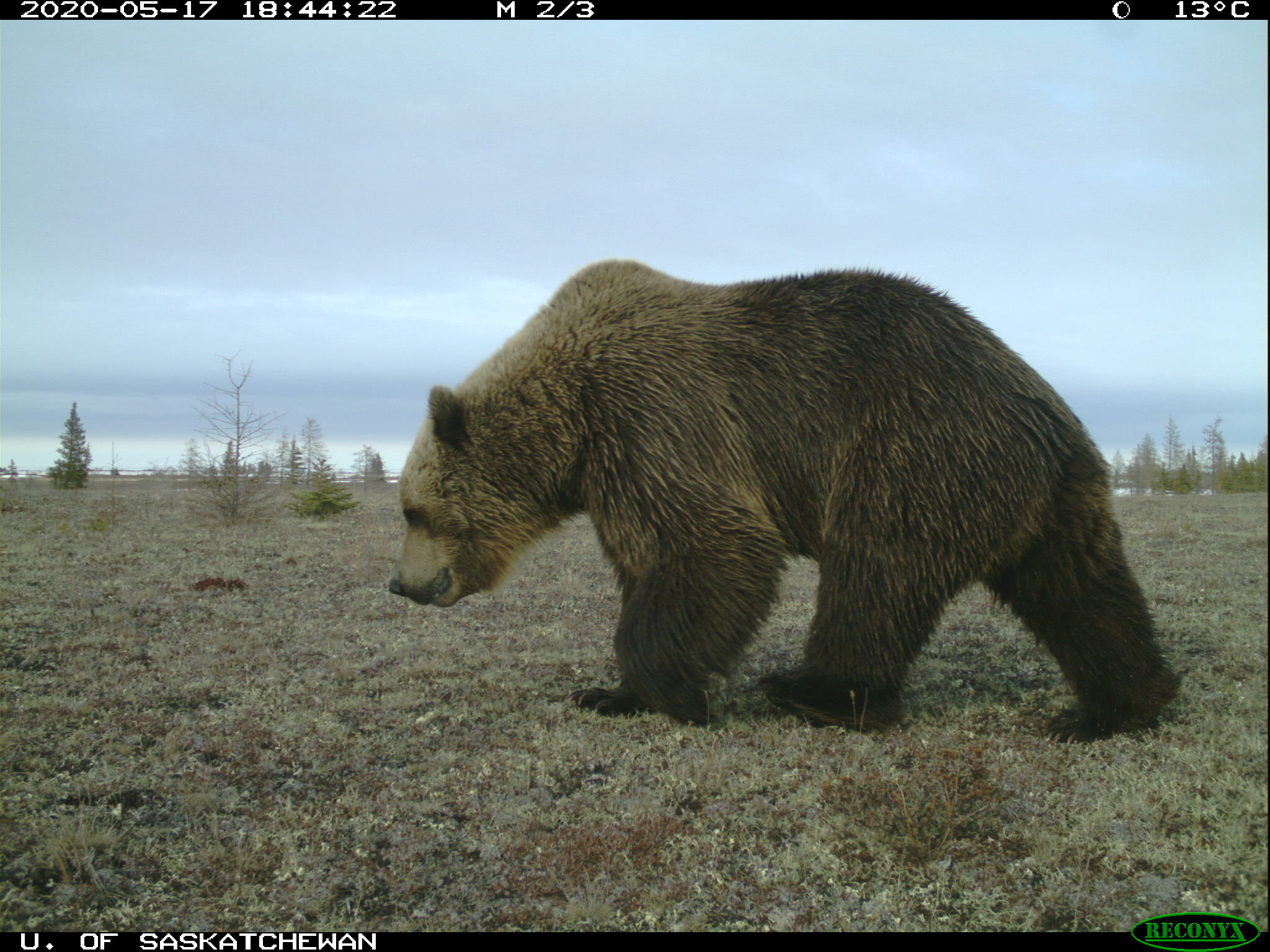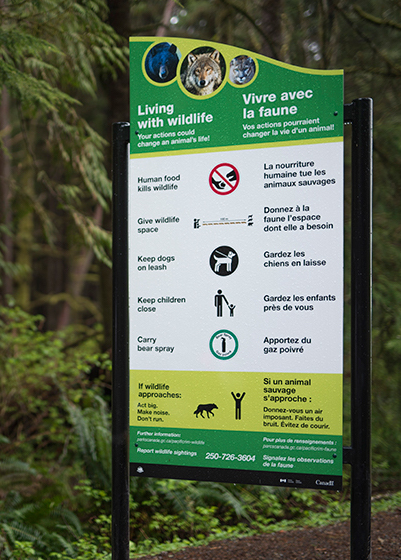The Human-Wildlife Interaction Research Group focuses on collaborative and community-oriented approaches to conservation. While we work collaboratively with a wide range of individuals and groups, much of our research is done in collaboration with the Churchill Northern Studies Centre. Below The projects that we lead, or are a part of reflect our commitment to wildlife conservation and to the communities we work with. is an overview of the current research projects that our researchers are a either leading, or a part of:
Polar Bear-Human Interactions

Conflicts between polar bears and people are not as well understood than those involving North America’s other bear species. However a warming Arctic is very likely increasing the frequency of such conflicts by reducing polar bears’ access to their prey and sea ice habitat. Consequently, the Arctic faces a knowledge gap of increasing urgency. My program aims to understand both the human dimensions of these conflicts as well as their biophysical drivers, and the interactions between them. This latter topic matters profoundly because although the link between reductions in sea ice and nutritional stress on polar bears is well-established, many researchers and managers have made a series of assumptions about how nutritional stress affects the bears’ behaviour towards people. My ongoing and future work on this theme will aim to clarify what factors determines whether polar bear-human interactions escalate into conflicts, and refining conflict prevention and mitigation strategies to benefit both the people who live and work in the north as well as polar bears.
Arctic Grizzly Bear Range Expansion

Grizzly bears are expanding their range across northern Canada, but the reason for this is not yet known. Beginning in 2022, with Arcticnet I expanded my existing remote camera studies into a dedicated multi-method, community-led effort to understand why grizzlies are now establishing in these areas and determine what this means for northern communities, as well as the terrestrial, marine, and cryospheric environments these bears use. We are answering these questions using a community-led combination of traditional and local knowledge as well as ongoing observations; camera trapping to better understand the distribution of grizzlies on the land, and genomic and stable isotope analyses from harvest samples to understand what these grizzlies eat and whether their numbers are growing along with their range. Local organizations, especially the Olokhaktomiut Hunters and Trappers Committee and the Churchill Northern Studies Centre, plus community members in each site, play key roles in collecting and interpreting data.
Wild About Wolves

The Wild About Wolves project is a 5-year project led by Pacific Rim National Park Reserve aimed at fostering coexistence between humans and wolves in the National Park Reserve region. This project is being moved forward by project collaborators, including: park staff and management, local Nuu-chah-nulth First Nations, nearby municipalities, researchers, provincial government, and more. Collaborators have already identified key project research needs and priorities to advance this project.
Our role is to undertake the social science research needs identified by project collaborators. This includes engaging with a wide range of collaborators and community members to better understand and characterize human-wolf interactions in the area, and to determine how we might collaborative bring biological, social, and Indigenous knowledge together to advance coexistence between people and wolves in the western Vancouver Island region.
PhD student Ethan Doney is leading this work – please feel free to reach out to him if you have any questions or are looking to learn more about the project.
Wild About Wolves - Part 1: Re-Entering Pacific Rim National Park Reserve (Parks Canada, 2020)

